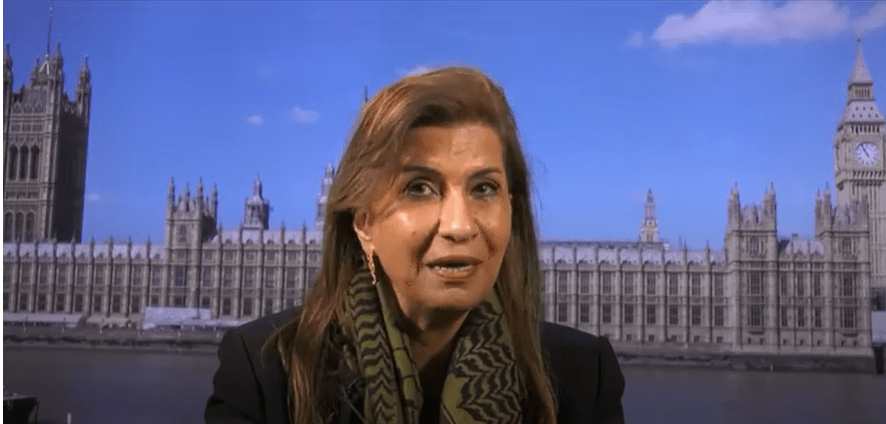
HAVANA TIMES – Israeli police arrested the internationally renowned feminist Palestinian academic Nadera Shalhoub-Kevorkian at her home in Jerusalem on Thursday on charges of incitement to violence. Shalhoub-Kevorkian, who holds both Israeli and U.S. citizenship, was suspended by Hebrew University last month after saying in an interview Israel was committing genocide in Gaza, though the university later reinstated her.
We speak with anthropologist Sarah Ihmoud, who describes Shalhoub-Kevorkian as a mentor and inspiration to her and many others. “We hold the Hebrew University of Jerusalem responsible for the arrest and detention because of its persistent and public repression of her academic freedom, which led directly to yesterday’s arrest,” says Ihmoud, who teaches at College of the Holy Cross and is co-founder of the Palestinian Feminist Collective. “We see this as yet another example of Israel attacking Palestinians wherever they are, whoever they are. It underscores that no Palestinian is safe under Israel’s racist apartheid rule.”
Transcript
AMY GOODMAN: Amidst crackdowns on pro-Palestinian voices on campuses coast to coast in the United States, we begin today’s show in Israel, where police arrested the internationally renowned feminist Palestinian professor Nadera Shalhoub-Kevorkian at her home in Jerusalem Thursday on charges of incitement to violence. The professor holds both Israeli and U.S. citizenship. She was suspended by Hebrew University last month after saying in an interview Israel was committing genocide in Gaza. But then the university reinstated her. She spoke on Democracy Now! in March after her suspension.
NADERA SHALHOUB-KEVORKIAN: The question remains whether what is teachable, what is what should be written, what is publishable, what is what we can speak as scholars that are studying state criminality, as opposing to what is going on, as opposing to what the state is doing, is not accepted, so they throw us out of the university. And this is the same policy that the state of Israel is doing outside. So, it’s silencing. It’s preventing people from speaking. It’s threatening. It’s punishing. And it’s also done in a very degraded and undignifying manner. Calling my students a day before the end of the first semester and telling me, “You’re suspended,” is something that is beyond any expectations. But this is — and stressing it’s a Zionist institution. “You can’t abide by these rules, you’re out.”
My only concern, Amy, today is the safety of students, the safety of my students, Jewish and Palestinian, that are standing against genocide, standing against the war, refusing to see the continuous and ongoing atrocities. My really concern is the silencing of dissent all over the world, because we see it in academic institutions. The question: If we think that academic institutions should work according and by the orders from the state, I don’t know why we’re having academic institutions. Academia and research requires that we’re attentive to details, to what goes on to the life of women, men, children. And I am really concerned today. And, of course, I must clearly state that the behavior of the university is a behavior that is threatening the safety of our students, the safety of colleagues that are speaking against the genocide, and my own personal safety as a person who lives in Jerusalem, and the safety of my family.
AMY GOODMAN: That was last month. After professor Shalhoub-Kevorkian’s arrest on Thursday, over a hundred professors around the world released a statement calling for her immediate release, calling her arrest an attack, quote, “on all Palestinian scholars, students, and activists who bring to light the violent and genocidal nature of the Israeli state,” they wrote.


